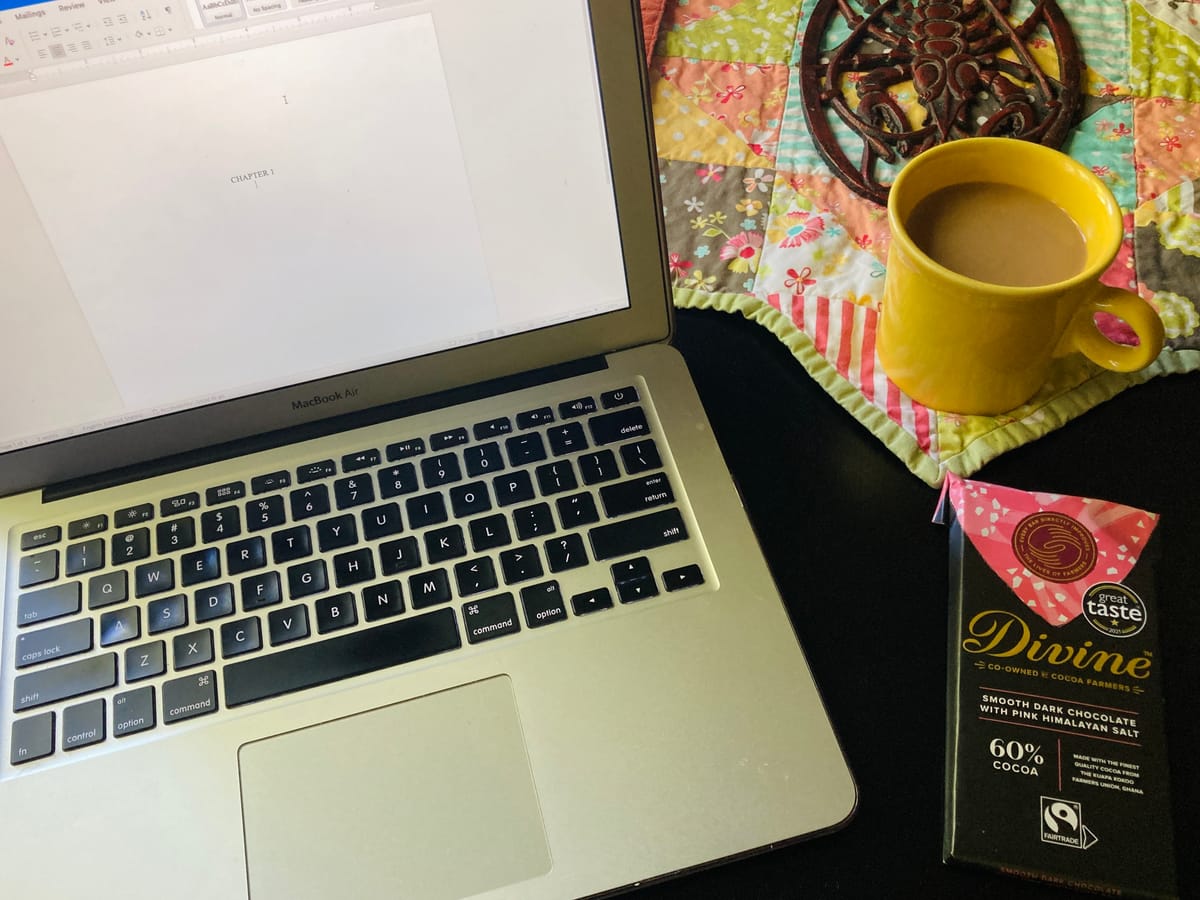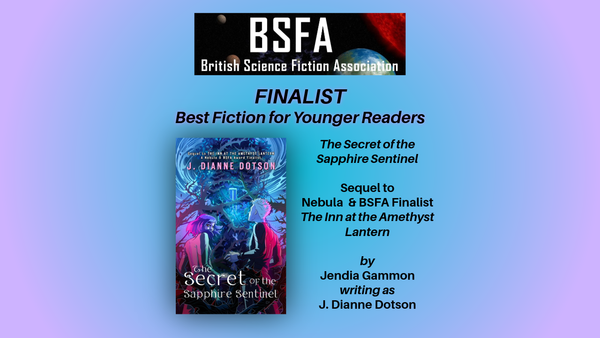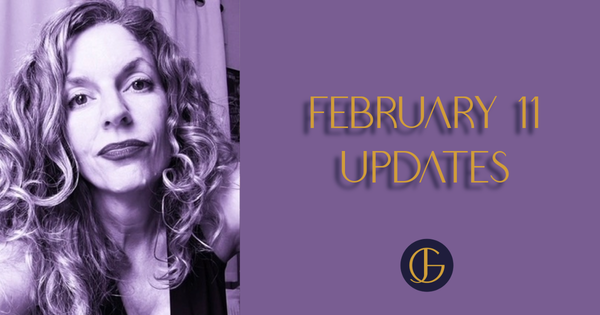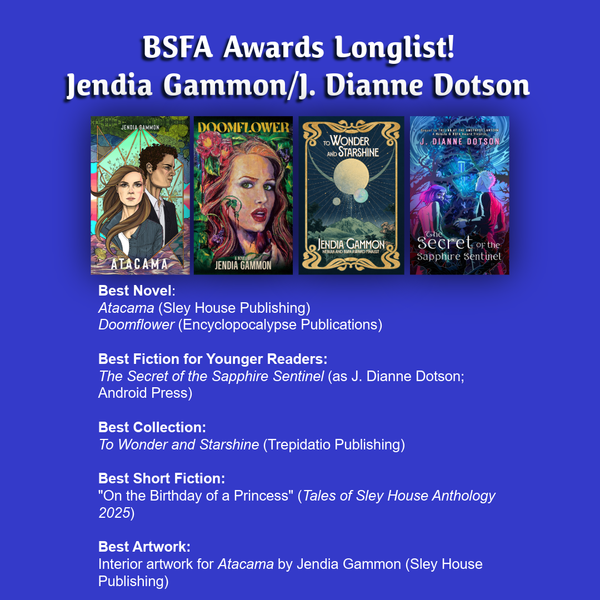The Blank Page Is a Universe
Whether you're a veteran writer or just starting, the blank page represents possibility.

Every writer faces this moment: the beginning. The first page. Whatever you’re writing, this is the doorway to the universe you’re about to build. So why can it feel so intimidating?
Tabula Rasa
The blank slate. It’s pristine, it holds no spelling errors, it holds no mistakes, it holds no criticism.. It is inviting, much as new snow glistening in sunlight. But it can freeze you. What to do?
You must thaw. You must write. But how?
It is really as simple as beginning to type. Do you have an idea? Write it down. These could be notes that you frame into a book. Or maybe you want to jump right in, and type Chapter 1, and plow forward through that snowy expanse.
To Plot or Not to Plot
I know many authors, and I have interviewed some of them. I always like to ask what their writing processes are. I do not, however, ask them the common question: “Are you a pantser or a plotter?” Pantsers write by the seat of their pants, figuring things out as they go. Plotters carefully plan what to write and proceed in an orderly fashion. But many writers, myself among them, write along a spectrum. And in my case, I pivot as needed.
I know what I’m going to write when I begin; it’s like a movie in my head, and I need to get it down on the page. As such, I write with my plot in mind. However…
Those Darn Characters!
I know what story I want to tell. I know most of the main players starring in it. I know what direction I want them to go. But sometimes they simply won’t obey orders! Defiant rebel word warriors they are! They get messy, they get lost, they become alive, and I rather fall in love with them.
It is easy at this point to get distracted…
But as in my prior post above, I urge you to focus. Get out of Distraction Forest!
Some Tactics for Getting Beyond Page One
Decide the story you’re going to tell. Decide if you will make a hard plot structure or if you’re going to play it fast and loose. Only you can decide this, and there’s no wrong answer or style. It’s yours alone.
Some writers just write in order. They start on page one, chapter one, and just write forward from there. But you can choose to do things differently. You might want to write the ending first!
I know one writer who frames out all her chapters. I thought this was quite clever. She types each successive chapter number and writes a small snippet of text under each one. Then she goes back and writes them.
I’ve come up with an amalgam of this and my own, general approach to writing a novel: I treat it like a jigsaw puzzle. When I open a fresh box of puzzle pieces, I focus on completing the outer frame first. That way I know my beginning and ending; sometimes I write them both before I fill in that connective middle.
Suddenly the blank page isn’t so intimidating. Because you can do this however you want!
Word by Word You Go
You can write a book. Word by word, you will get there. On the days you can write, if you write 1,000 words a day, in just over two months, you’ll have a novel. If you write less, you can extend the time out. If you write more, or in bursts on productive days, you can shrink the time.
You don’t have to write every day, but if you can, and you want to, you can be quite productive.
But never, ever feel bad if you cannot write every day. I am unable to, and I do not let myself feel guilty.
I do write fast, because I’m used to science journalism deadlines, and I type very fast. But my husband writes more slowly and carefully. Everyone has a different approach.
Beauty in the Making
It is such an exquisite thing, a book. It contains an entire universe, in which you have distilled the wondrous electrical impulses ricocheting through your mind into something unique and special, and when others read it, you set their minds alight as well.
How beautiful is that?
So get started, a word at a time, a day at a time, and build your universe.
Write on!
Jendia




